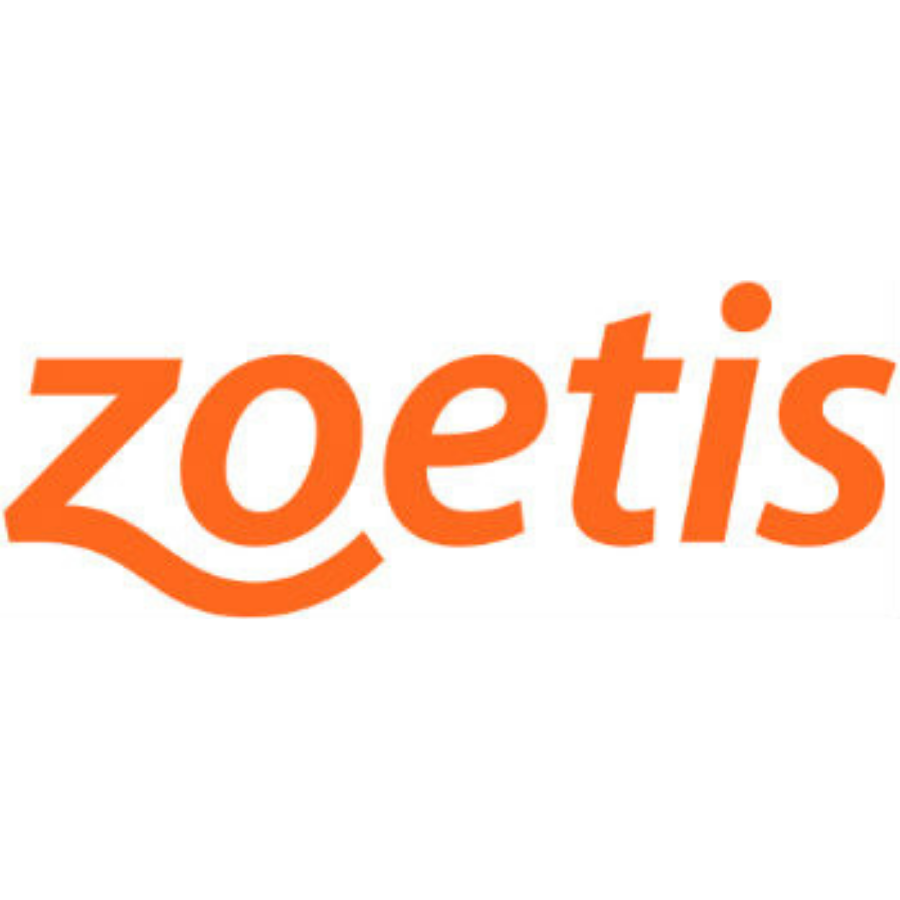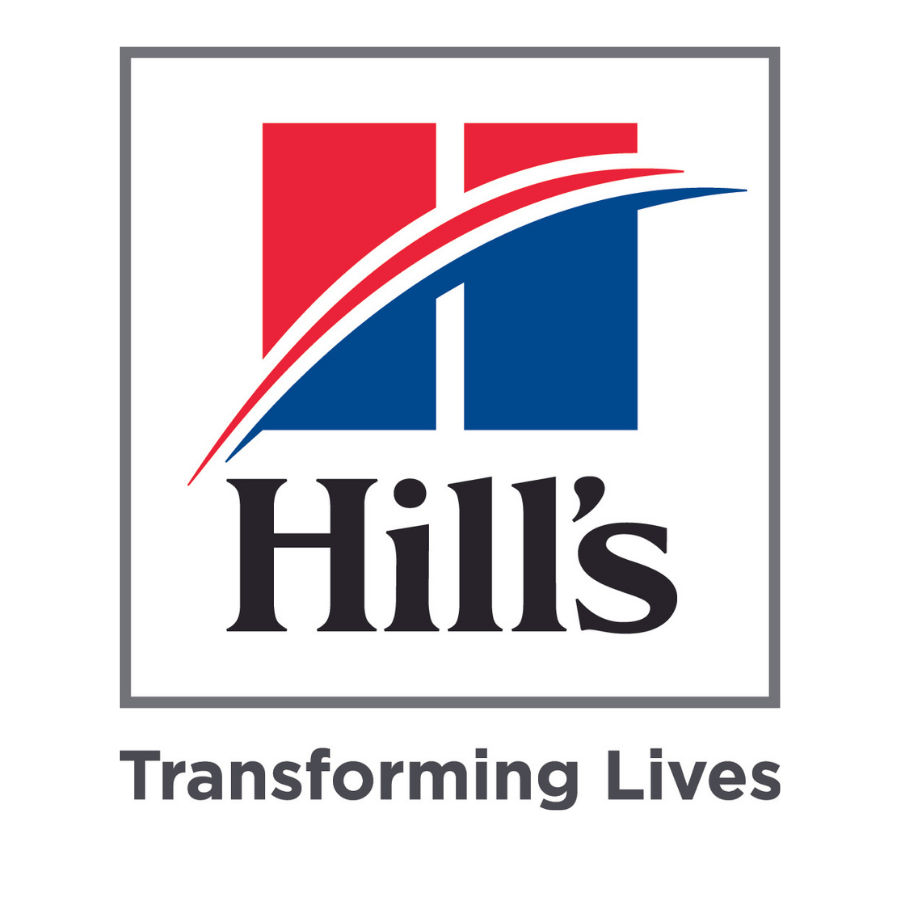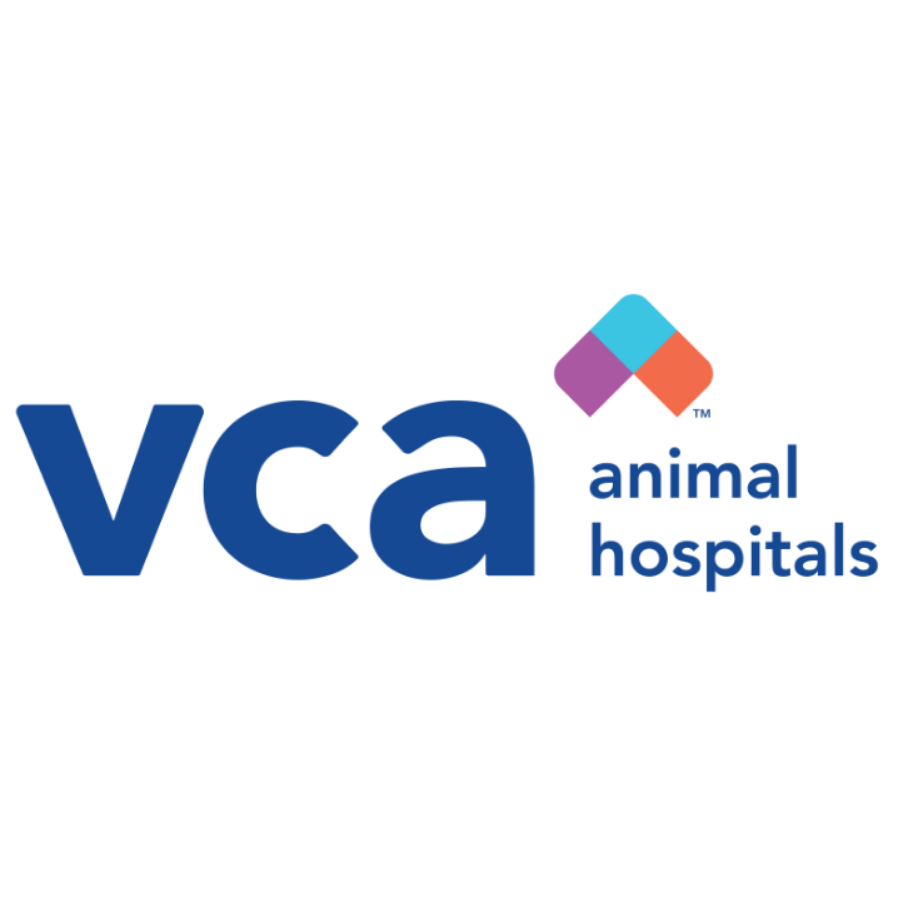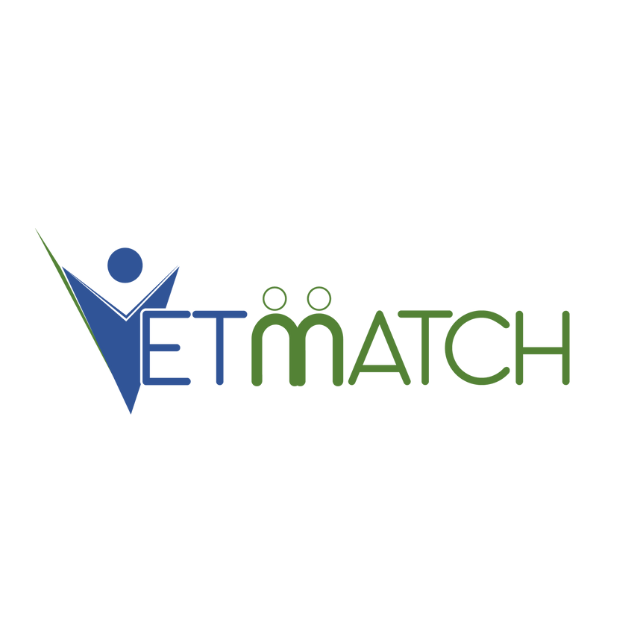June 2022
6/9/22
CACVT is overjoyed to announced that the Veterinary Practice Act, including technician regulation, was just signed by Governor Polis!!! The Veterinary Practice Act is set to continue for 11 years, and technicians will now be regulated under Colorado law beginning in 2023. The conclusion of the legislative process marks the beginning of the rulemaking to detail the veterinary technician regulatory program here in Colorado. As this information develops, we will keep you all in a loop.
We need your help to spread the word! To seamlessly implement a regulatory program in the near future, it is essential to get this information to the veterinary community of Colorado! Educate your friends and employers! If you have any questions, please email [email protected] and text us at 303-318-0652. To view specifics of what a technician regulatory program will look like, see below.
If you aren't already on our mailing list, and want to add your company or organization click here.
On May 11, 2022, the Veterinary Practice Act passed through the Colorado General Assembly and is currently awaiting signature from Governor Polis. I know there are a lot of questions around the details so here is a breakdown of what is included in the statute.
Once signed by the governor, when will this go into effect?
Starting January 1, 2023, the State Board of Veterinary Medicine (SBVM) will be responsible for governing the practice of veterinary technicians. One exciting aspect is that two registered veterinary technicians will be added to the SBVM! And yes, certified veterinary technicians will become registered veterinary technicians. In fact, title protection is one of the main priorities for the new regulatory program and starting January 1, 2024, anyone wanting to use the titles Registered Veterinary Technician, Veterinary Technician, RVT, or VT will have to meet one of three qualifications to become registered with the state of Colorado.
What are those qualifications?
As the legislation is written, the eligibility requirement for registration is a credential with a board- approved credentialing entity. CVTs already credentialed with CACVT will immediately be eligible to apply for registration with the SBVM. They will have until December 31, 2023 to register to be recognized and to continue using the terms registered veterinary technician, veterinary technician, RVT, or VT (title protection enforced as of January 1, 2024). The details of the registration process will be created by DORA.
Other individuals who may immediately qualify are those who may have graduated from an AVMA- accredited program and passed the VTNE but were never certified or let their certification lapse.
What does all this mean for non-credentialed veterinary technicians?
There will be a 1-year window for those individuals working in the role of a veterinary technician to take advantage of 2 different experience-based pathways.
-
Experience-based pathway 1: 6500+ hours of verified work experience equivalent to the work performed by a veterinary technician, has passed the VTNE, and has received an endorsement from a qualified individual.
-
Experience-based pathway 2: 9000+ hours of verified work experience equivalent to the work performed by a veterinary technician and has received an endorsement from a qualified individual.
Non-credentialed veterinary technicians will fall into one of 3 groups: Group 1 is those who qualify for one of these pathways right away, Group 2 is those who don’t yet meet the requirements for either pathway, and Group 3 is those who are not interested in becoming registered.
-
Group 1 will work with the board-approved credentialing entity (or the state board) to complete the process of verifying hours and submitting an endorsement from a qualified individual. Once they have received a certification, they will be eligible to apply for a registration with the state and use the title protected terms.
-
Group 2 will be eligible to apply for a provisional registration with the SBVM – essentially declaring their intention to meet the requirements of one of the pathways by December 31, 2027. The window to apply for a provisional registration will be open for 1 year, from January 1, 2023 – December 31, 2023. Once they meet the requirements of one of the pathways, they will work with the board-approved credentialing entity (or the state board) to complete the process of verifying hours, submitting an endorsement, and checking VTNE score if applicable. Once they have received a certification, they will be eligible to apply for a registration with the state and continue to use the title protected terms. If they fail to meet the requirements by the December 31, 2027 deadline, their provisional registration expires, and they can no longer use the title protected terms.
-
Group 3 will be people who are not interested in registration but want to continue to do the job. There is no task restriction for anyone, so they will be able to continue working in their current roles but will not be able to call themselves a veterinary technician after December 31, 2023.
We know there are a lot of questions to which we won’t have answers until DORA begins the rulemaking process. CACVT will continue to monitor the developments around veterinary technician regulation very closely and will communicate details through our website and mailing list. To be added to our regulation mailing list, please complete this form.
Please contact me at [email protected] or via text at 303-318-0652 with any questions. Thank you for your support in furthering the careers of veterinary technicians!
Erin Henninger, BA, CVT, VTS (ECC) CACVT Executive Director
May 2022
We are pleased to announce the Veterinary Practice Act bill including Veterinary Technician Regulation passed in the Senate! Now that we have moved swiftly through general assembly, we're on to the Governor's desk for signature within the next 30 days! What's next? Spread the word! Come join us at our Summer Social event (with food, drinks, games, and music) to celebrate this advancement of veterinary technology!
April 2022
CACVT staff attended the Senate Finance Committee hearing of the Veterinary Practice Act on April 27th. Erin Henninger testified in support of technician regulation, and the continuation of the Veterinary Practice Act. The bill passed unanimously and is now onto a second and third hearing in the Senate. Thank you to Senator Ginal, who is sponsoring the Veterinary Practice Act and presented it before committee! Another exciting development towards legislation!
On April 11th, the Veterinary Practice Act passed a third hearing in the House of Representatives, and is now onto the Senate! In the Senate, our primary bill sponsor will be Joann Ginal. The bill was assigned to be heard by the Senate Finance Committee on April 18th. Keep an eye on this page and your email as we continue through the legislative process. For a visual on where we are on the road to legislation, see below.

March 2022
CACVT is proud to announce another positive update on the journey towards veterinary technician regulation. On Monday, March 7th, CACVT staff attended the second hearing of the Veterinary Practice Act (HB 22-1235) before the House Agriculture, Livestock, & Water Committee. The bill passed unanimously, with positive reactions from all committee members present. What's the next step? The bill is scheduled to move to the House Committee of Finance this week!
Erin Henninger, Jen Steckline, Rebecca Brown, and Katie Schafer represented CACVT with testimony in support of technician regulation. CVMA, who has been working closely with us to introduce technician regulation since 2020, also provided testimony to support the continuation of the Veterinary Practice Act bill.
A special thank you to Representative Karen McCormick, Committee Chair and DVM, who is sponsoring the Veterinary Practice Act and leading the introduction of the bill before committee. We would also like to thank Representative Marc Catlin, who signed on to be our primary co-sponsor for the bill.
February 2022
On Monday, January 31st, CACVT staff attended the first hearing of the Veterinary Practice Act! This is the first time the House Agriculture, Livestock, & Water Committee heard the Sunrise and Sunset review presentations from DORA, as well as the presentation of several amendments to the Veterinary Practice Act bill. If you don’t know what we’re talking about, click here to get up-to-date on our legislative journey.
We are beyond excited to report that the Veterinary Practice Act bill was accepted, along with the proposed amendments. Erin Henninger, our amazing Executive Director, represented CACVT flawlessly by testifying in support of the regulation of veterinary technicians. Representative Karen McCormick, Committee Chair, walked the Committee representatives through the process that resulted in a motion to introduce a draft bill, passing unanimously. It was a very successful day, in fact, all the Committee members present signed on to be cosponsors of the bill!
As many of you know, CVMA and CACVT have been working together to introduce technician regulation since 2020; a joint goal shared by both organizations has been to retain everyone currently working as a veterinary technician in Colorado and to provide inclusive opportunities for regulation. Diane Matt, CEO of CVMA, was also in attendance at the first hearing of the Veterinary Practice Act on Monday. CVMA is pleased to see legislators take steps toward regulating technicians in Colorado.
Here are some highlights of the Veterinary Practice Act bill, which will continue for 11 years if enacted, that may affect you as a veterinary technician in Colorado.
- Creates a registration program for veterinary technicians.
- Including a limited time period for an experience based pathway.
- Title protection for veterinary technicians.
- Allows administration of rabies vaccines under supervision of a licensed veterinarian, as recommended in the Sunset report.
- Adds the definition of indirect supervision to the practice act.
What’s the next step? In the next few days the bill will be introduced in the House of Representatives prior to returning to the House Agriculture, Livestock & Water Committee for its second hearing, including public testimony.
While this development in our road to regulation of veterinary technicians is great news, we still have a long way to go. Luckily, we have such an empowering support group (you!) ready to assist in advancing regulation of veterinary technicians! We are working closely with our lobbyists to determine the most effective timing for grassroots actions.
Here are ways to get involved:
- Stay informed! Help combat misconceptions around regulation. To read about the benefits of regulation, CLICK HERE.
- In the near future, there will be an opportunity for you to testify in committee. You will have the option to submit a written testimony, testify before committee remotely or in person, or listen to committee proceedings and watch floor proceedings online. We will provide additional details on this soon. If you are interested in providing testimony and have not contacted us yet, please email [email protected] to discuss your options and how to prepare.
- Further down the road, we will be asking you all to call and email your legislators!
Let us know if you have questions or if your workplace/veterinarians have questions. We would love to ease any uncertainty around regulation developments and will remain an open line of communication. Stay tuned, CACVT will be hosting a member forum in the next few weeks to answer questions and discuss everything to do with the Veterinary Practice Act!
January 2022
CACVT and CVMA Work Together to Advance Regulation of Veterinary Technicians
As many of you know, in 2020 CACVT began the sunrise process by gathering in-depth research, stakeholder input inside Colorado and across the country, and convening a task force of diverse CVTs to present to the Colorado Department of Regulatory Agencies (DORA). In October of 2021, DORA recommended regulation of veterinary technicians in Colorado! To learn more about our work so far, CLICK HERE. Along with the sunrise review, DORA completed a sunset review of the Veterinary Practice Act and the State Board of Veterinary Medicine.
Both CACVT and CVMA are pleased that DORA’s sunset review recommends that the Veterinary Practice Act be renewed for 11 years; and that the DORA sunrise review report found that “consumers and patients rely heavily on the actions of veterinary technicians” and that a regulatory program for veterinary technicians should be created.
Colorado’s 2022 legislative session opened January 12th, and both the sunset and sunrise reports are scheduled for presentation to the House Committee on Agriculture, Livestock and Water in late January. As a result of much work since 2020, CACVT and CVMA are well prepared to engage in the legislative process.
Two primary goals guide our joint work on developing regulation of veterinary technicians:
- Colorado’s veterinary workforce has too few veterinary technicians, and therefore, regulation must provide pathways for Colorado’s veterinary technicians to become registered.
- Demand for veterinary services is increasing, so regulation must create a career path that improves retention and attracts more professionals in the future.
While specific language for the legislation is still being drafted, the goals have translated to three key regulatory priorities:
- Title Protection – use of the title “veterinary technician” will convey to the public that veterinary technicians are educated, trained, and qualified. In clinic settings, it will encourage better utilization of the varied knowledge, skills and competencies on veterinary teams.
- Minimum Competency – will establish baseline career entry requirements for future veterinary technicians, and a common understanding of clinical care competence that can be expected.
- Increased Accountability – inclusion of veterinary technicians in the Veterinary Practice Act will increase their understanding of the laws and regulations that must be followed in veterinary practice, which will in turn increase accountability of veterinary teams.
Change can be confusing, so we want to be clear: CACVT and CVMA’s joint goal is to retain everyone now working as veterinary technicians in Colorado and to provide inclusive opportunities for regulation. This means that veterinary technicians will have choices to follow a path that best meets their goals and the needs of the industry
Curious about the benefits of regulation? Click HERE to learn more.
Both organizations will continue to engage in conversation about this topic and will share more updates as concrete information becomes available.
Have feedback to share with either organization? We’d love to hear from you! Submit a comment via our Google form HERE.








